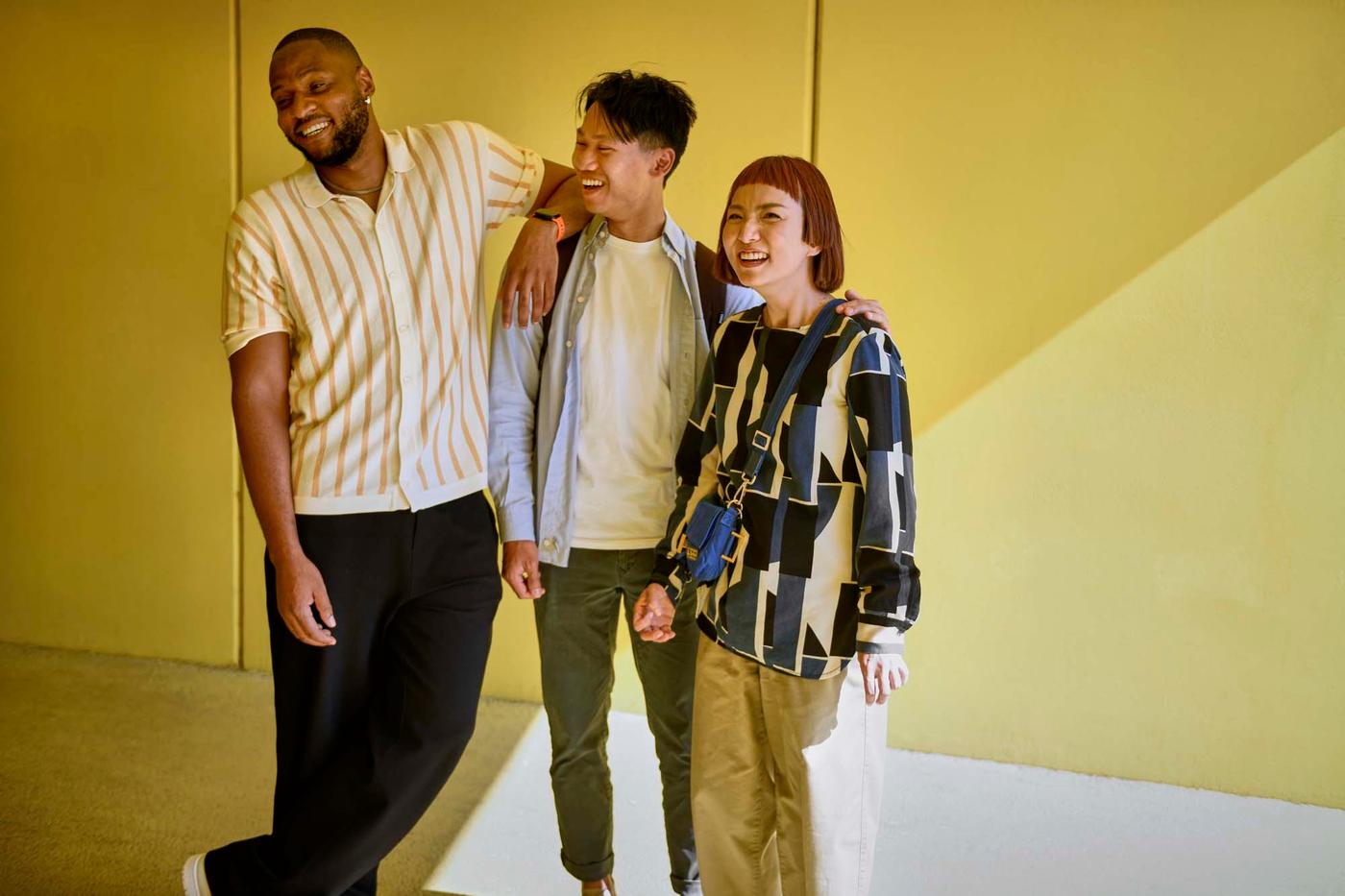
A fair and equal value chain
IKEA touches the lives of millions of people in the world across our value chain. As a values-based organisation, we take our responsibility seriously and put people at the heart of our decision-making. Being a responsible business is essential for protecting and empowering people within our value chain, attracting and retaining talent, building and maintaining the trust from our customers and ensuring regulatory compliance. We are committed to respecting human rights, and we strive to understand the impact our business has on both the people and the communities where we operate.
We aim to contribute to a fair and equal society through respecting and promoting human rights, improving decent and meaningful work, and striving towards diversity and inclusion across the IKEA value chain.
The people in the IKEA value chain:
- 222,000 IKEA co-workers (and their families) – from product development and supply to production, transport and retail.
- Customers and their families in 63 markets (915 million visits to IKEA Stores).
- Thousands of suppliers and service providers across the world. Millions of people work in the IKEA value chain to make and transport our products and components, provide food for our restaurants, and deliver essential services to IKEA companies.
- The people in the communities where we operate, and in society at large.
Figures updated November 2025
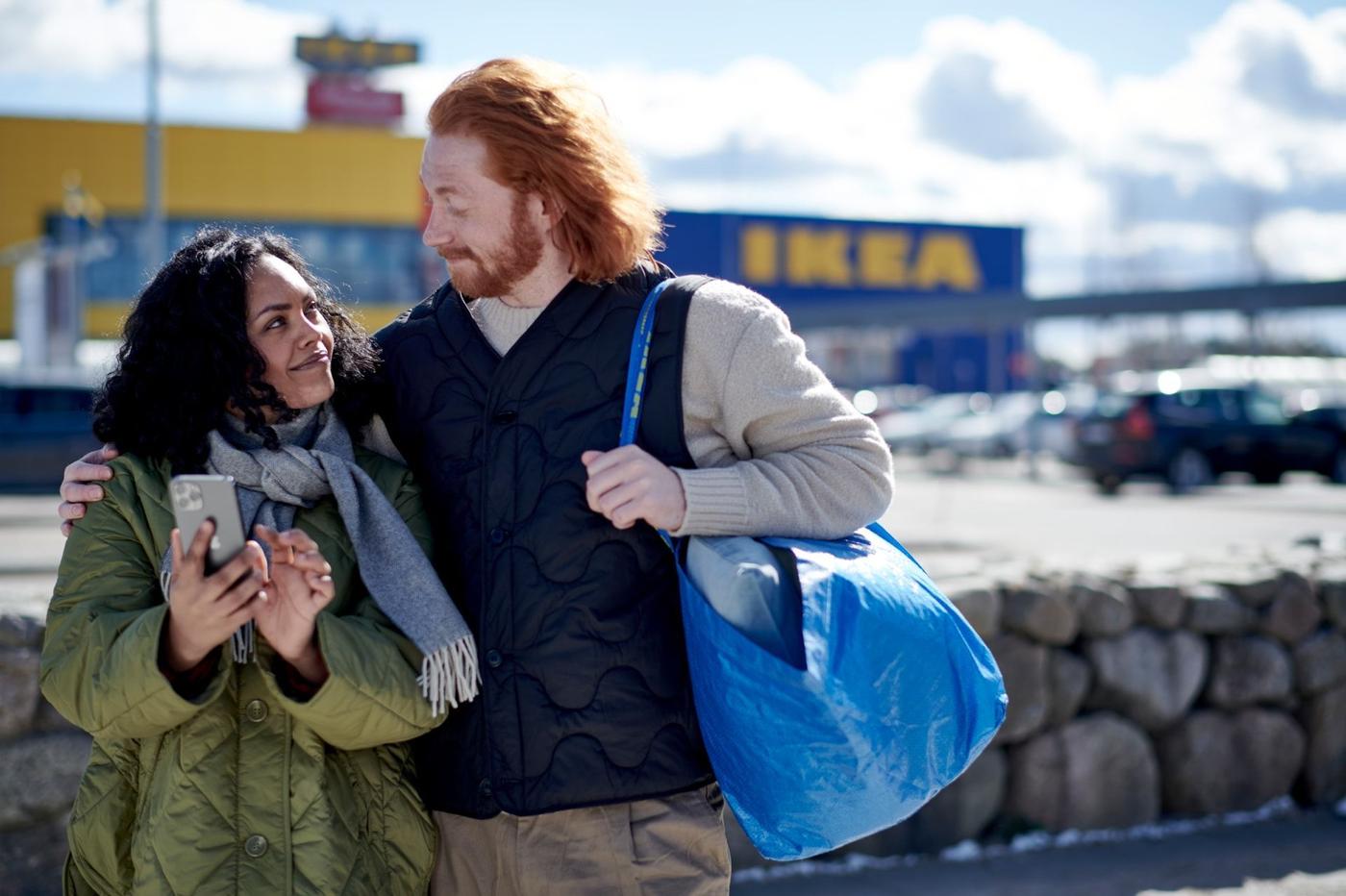
Our responsibility
Our responsibility includes everyone in the IKEA value chain: IKEA co-workers, workers at our business partners and people working in other parts of our value chain, our customers as well as the communities where we operate.
We are committed to respecting human rights and acting in the best interest of children, in line with the UN Guiding Principles on Business and Human Rights and the Children’s Rights and Business Principles.
While growing our business, we continuously learn and refine our systems and approaches to make them even stronger, actively working to identify, prevent, address, and remediate negative impacts resulting from our operations. We want to ensure that people chain can thrive. That’s why we continually work to create a positive social impact and take action to strengthen the resilience of people in our value chain and in the communities where we operate, with a focus on the most vulnerable and marginalised.
We strive to uphold ethical business practices at all times. As technology evolves, we take responsibility for ensuring the ethical use of data and digital innovations, including artificial intelligence. We work towards providing and decent and meaningful work across our value chain, and creating equal, diverse and inclusive work environments and opportunities, including for social enterprises.
Now more than ever, increasing our efforts and collaborating with others is essential to securing a liveable future for people and the planet.
Our fair & equal agenda includes:
Being a responsible business and contributing to resilient societies
We are committed to respecting human rights and children’s rights by operationalizing the UN Guiding Principles on Business and Human Rights and the Children’s Rights and Business Principles, ensuring we address our most critical human rights risks and impacts across our value chain. We also commit to promote human rights and children’s rights in society.
We must secure a strong approach in relation to climate and nature, health, political and social justice crises to secure the safety, livelihoods and resilience of our co-workers and partners across our value chain.
We seek to always be inclusive and actively engage in the communities where we operate to create a positive social impact and prevent negative impacts from the IKEA business.
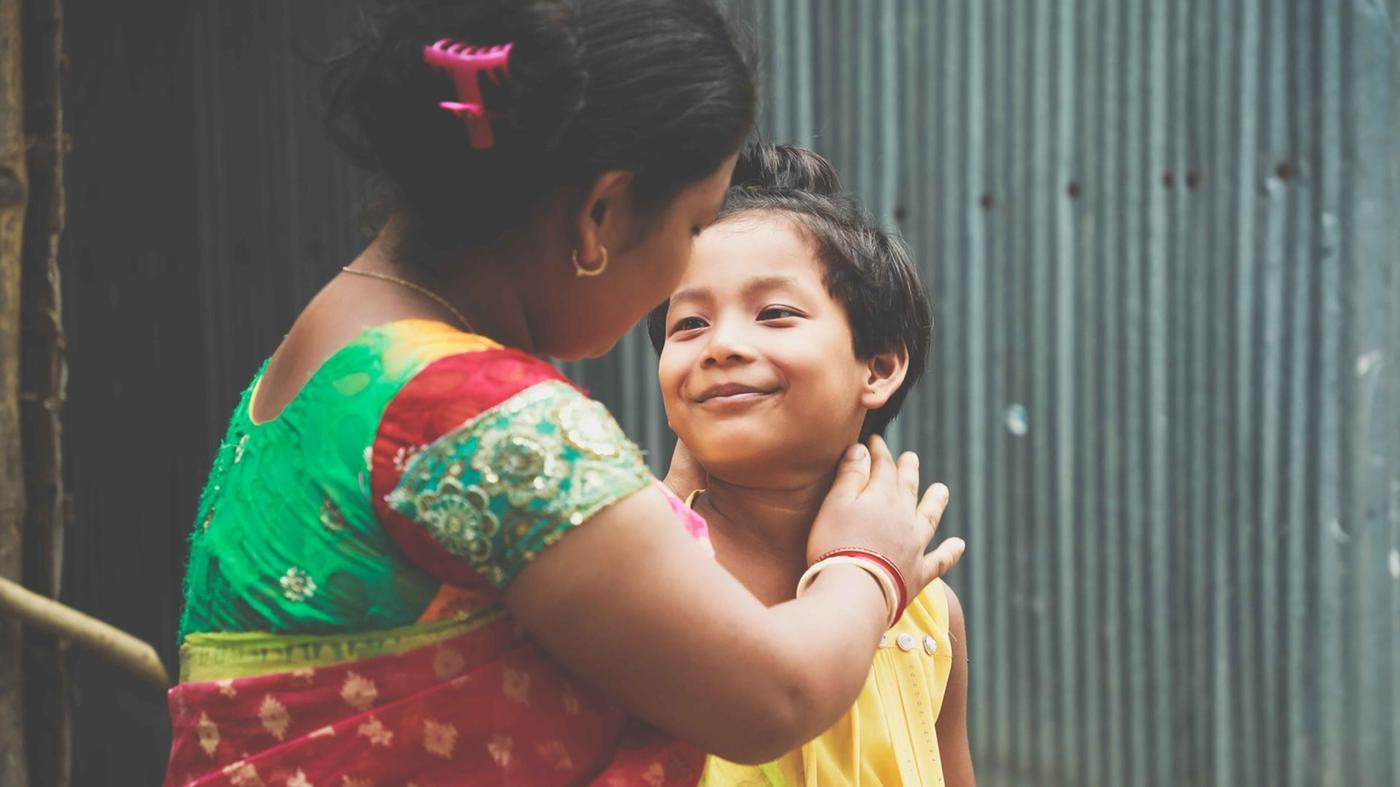
Advocating for mandatory human rights due diligence
IKEA supports sustainability due diligence legislation, as we believe due diligence can have a significant impact on people, societies and the planet by helping businesses understand their impact for better governance and decision making. IKEA has been advocating for such legislation, including through joint statements in support of the EU Corporate Sustainability Due Diligence Directive (CSDDD), such as the 2021 Nordic Business Network for Human Rights, as well as the 2023 statement joint call from business, trade unions and civil society organisations.
Read the NBNHR statement for human rights
Read the statement on delivering an EU-wide standard on responsible business
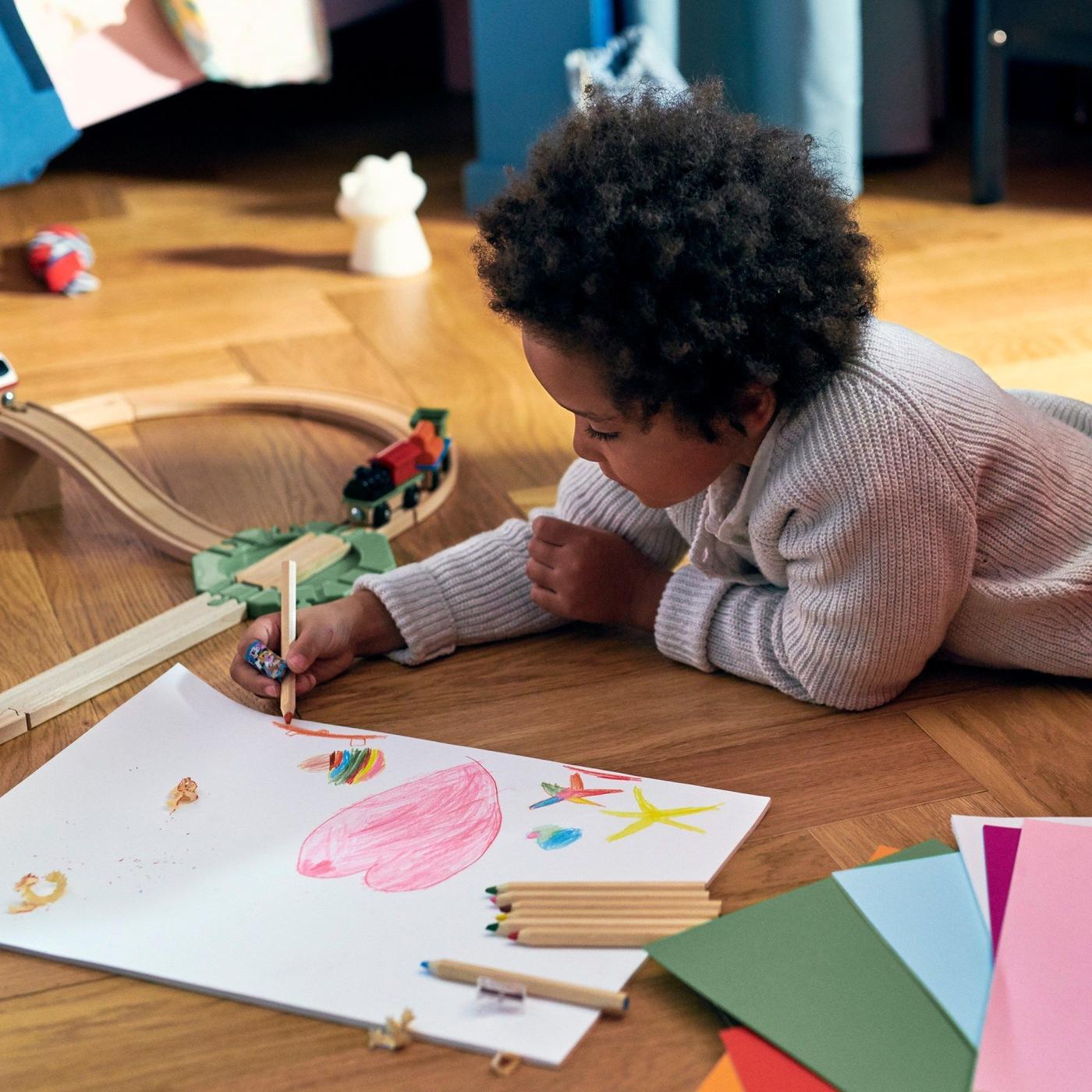
Respecting children’s rights at every step
As a global business we have a big responsibility to demonstrate leadership and to be aware of our impact throughout the entire IKEA value chain – from how we source raw materials, all the way to design, production, marketing, and sales that impact the rights of children, directly and indirectly. Most importantly, in everything we do, we want to act in the best interest of children.
Providing and supporting decent and meaningful work across the IKEA value chain
We are committed to providing living wages and income[1]go to footnote 1 in IKEA operations and support the same among our business partners and in the wider sectors of which we are a part. We are committed to providing and supporting everyone in the IKEA value chain to make sure they have access to safe and healthy work, labour rights and social protection, as well as securing stable and predictable work. Included in this is securing a just transition to a net-zero and circular economy.
We are also committed to providing and supporting that everyone in the IKEA value chain is empowered to play an active role in their work, is free to join or form associations of their choice (or to refrain from doing so) and bargain collectively, and is recruited responsibly.
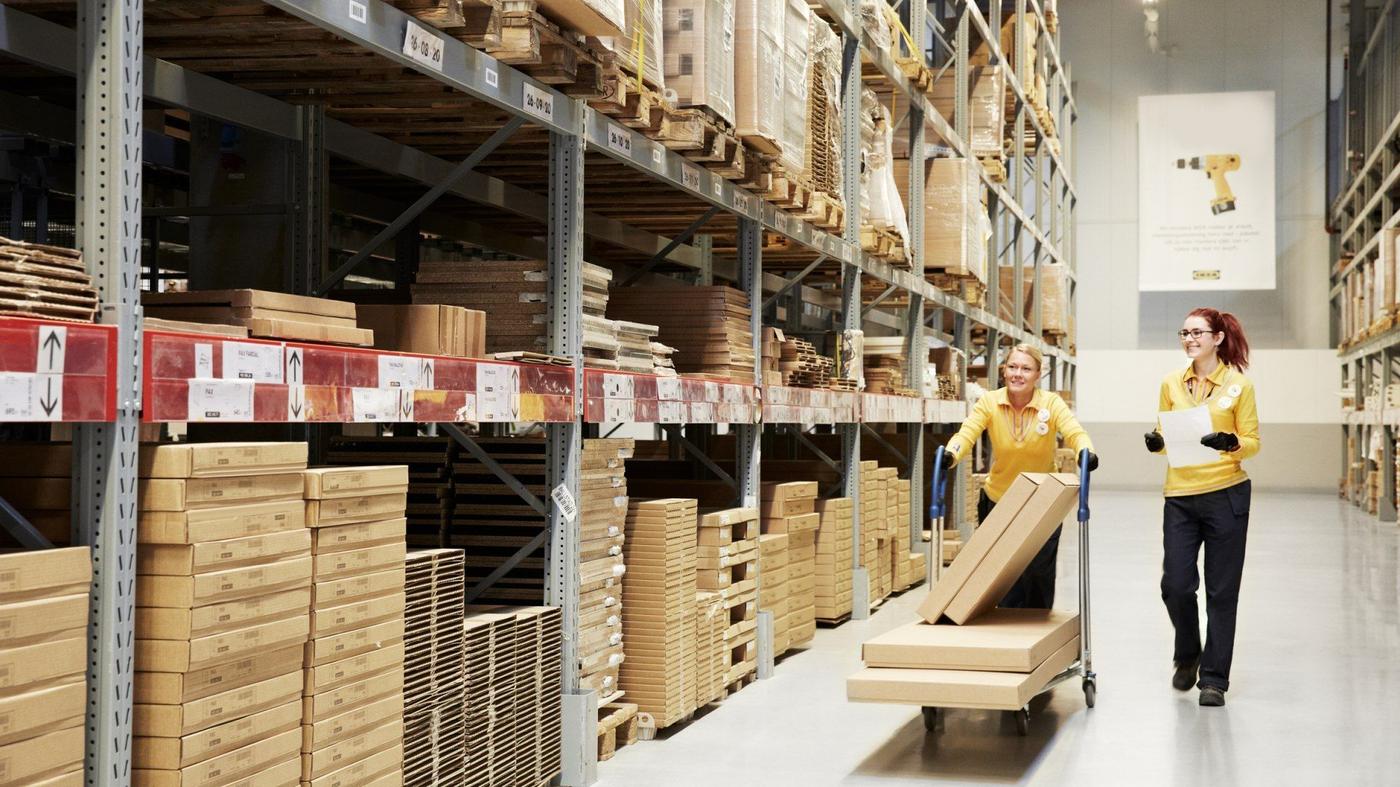
IKEA Responsible Wage Practices Framework
With the IKEA Responsible Wage Practices Framework, we start by securing business requirements for all IKEA businesses. It has been developed for the full IKEA value chain and takes a holistic view on how IKEA businesses and partners handle wage practices, putting equal focus on five practices: equality at work, pay principles, competence, dialogue and living wage.
We continue to work closely with our business partners, together to set a foundation to create a positive impact on people and society across the IKEA value chain.
Being an equal, diverse and inclusive business
IKEA is committed to embracing all dimensions of human diversity and strive to reflect the demographics of the societies in which we operate. We actively work to prevent discrimination and ensure equality in opportunity and treatment.
One important part is creating accessible and inclusive workplaces, where people can be themselves at work and everyone’s voice is heard. Another is being a child friendly business, with focus on securing child safeguarding, family-friendly practices and inclusion and empowerment of children and youth.
Being for the many people, we strive to be inclusive and include different needs and perspectives into our offer. To do this, we must also secure a more inclusive and diverse IKEA value chain by integrating social businesses, minority owned enterprises and small and medium sized enterprises.
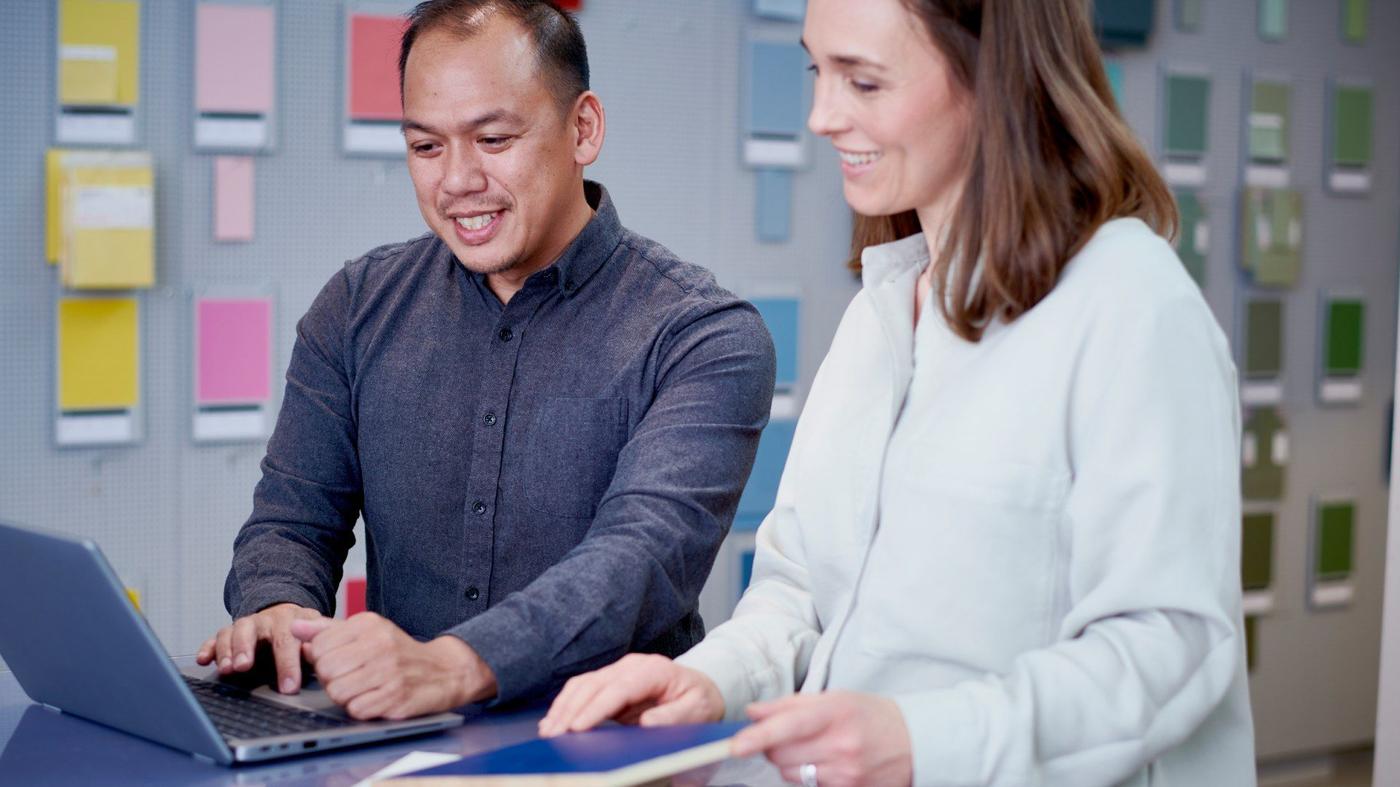
Improving gender balance
We continue to promote gender equality in our operations through new and existing initiatives on both global and market levels. We’re committed to building a gender balanced business that offers equal opportunities to all co-workers. We have inclusion approaches that help us create work environments that are safe and welcoming for all people.
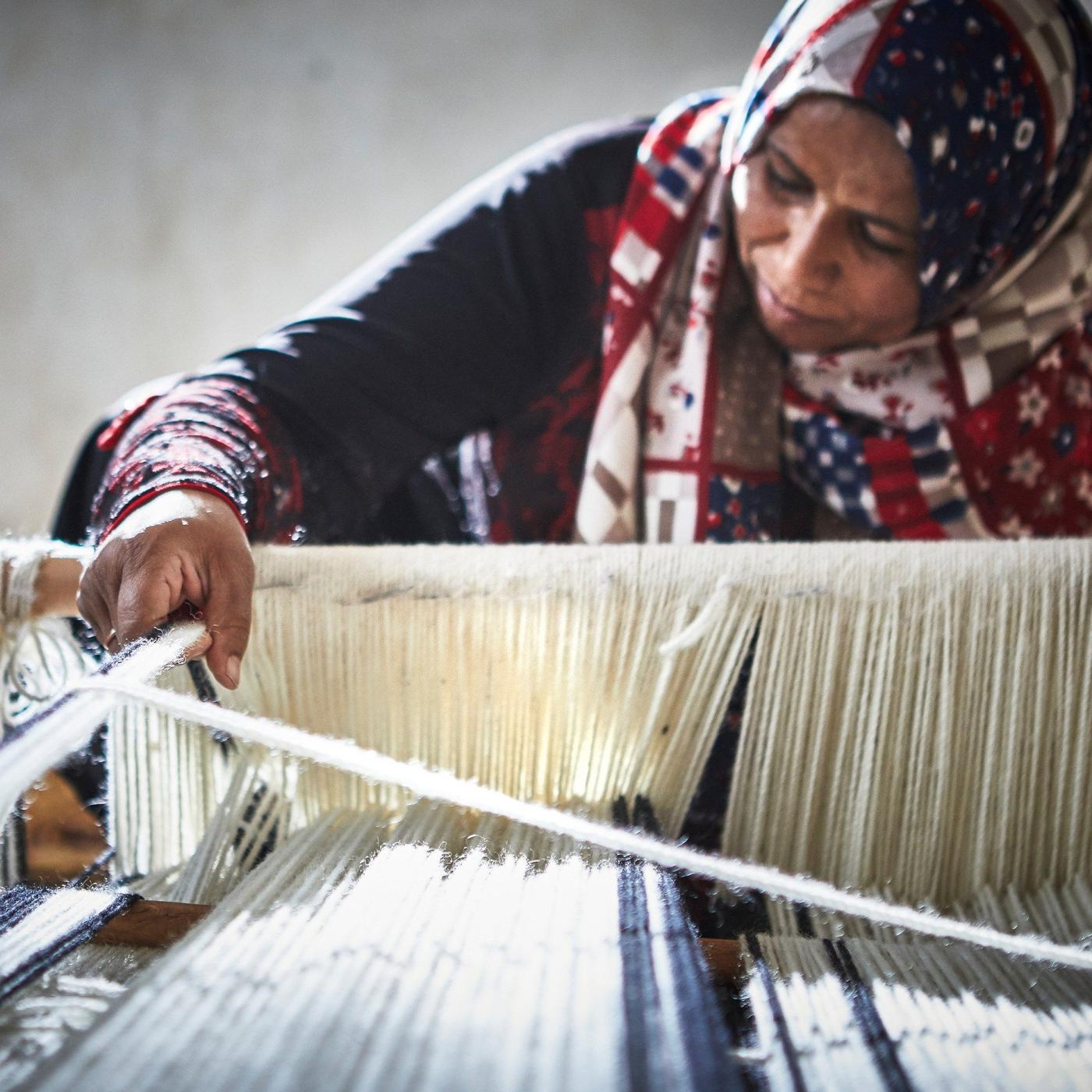
Expanding our work with social entrepreneurs
IKEA partners with social businesses to create global products that create job opportunities for those who need it most. We also run programmes and make investments that support social entrepreneurs around the world.
Read more about the IKEA Social Entrepreneurship partnerships
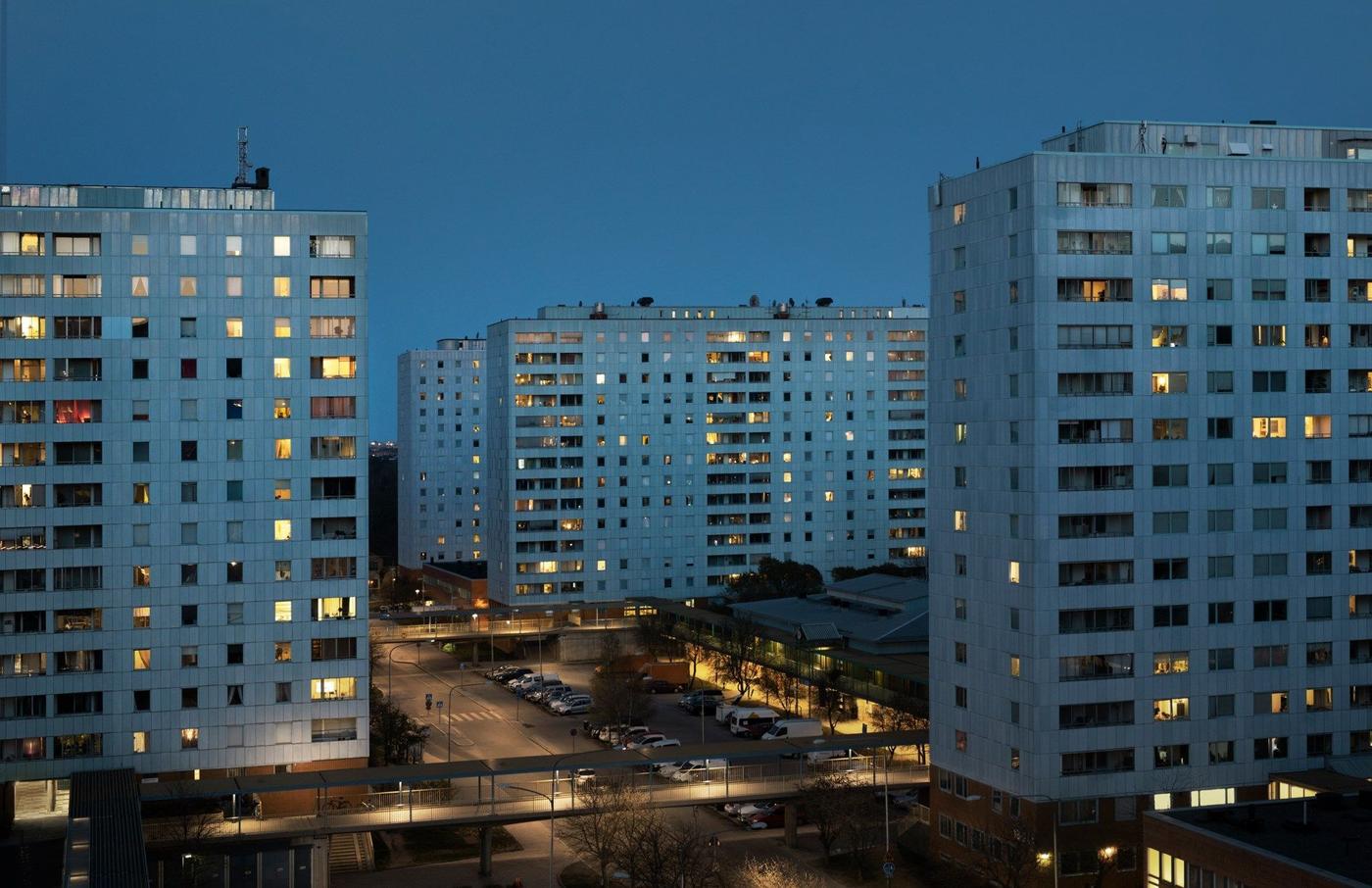
Addressing inequalities
The world economy has grown exponentially over the past hundred years, contributing to the largest reduction of poverty in the history of humanity. At the same time, there is an ever-increasing level of inequality and social instability. Inequality has become a systemic risk threatening individuals, communities, companies and entire economies.
Global challenges such as climate change and nature loss, and geopolitical conflicts continue to accelerate inequality, hitting the most vulnerable the hardest. Inflation and an increased cost of living are also amplifying inequality.
Climate change alone could push 130 million people into extreme poverty by 2030. At the same time, the transition to a net-zero economy brings additional challenges for livelihoods and human rights, as industries make the needed changes.
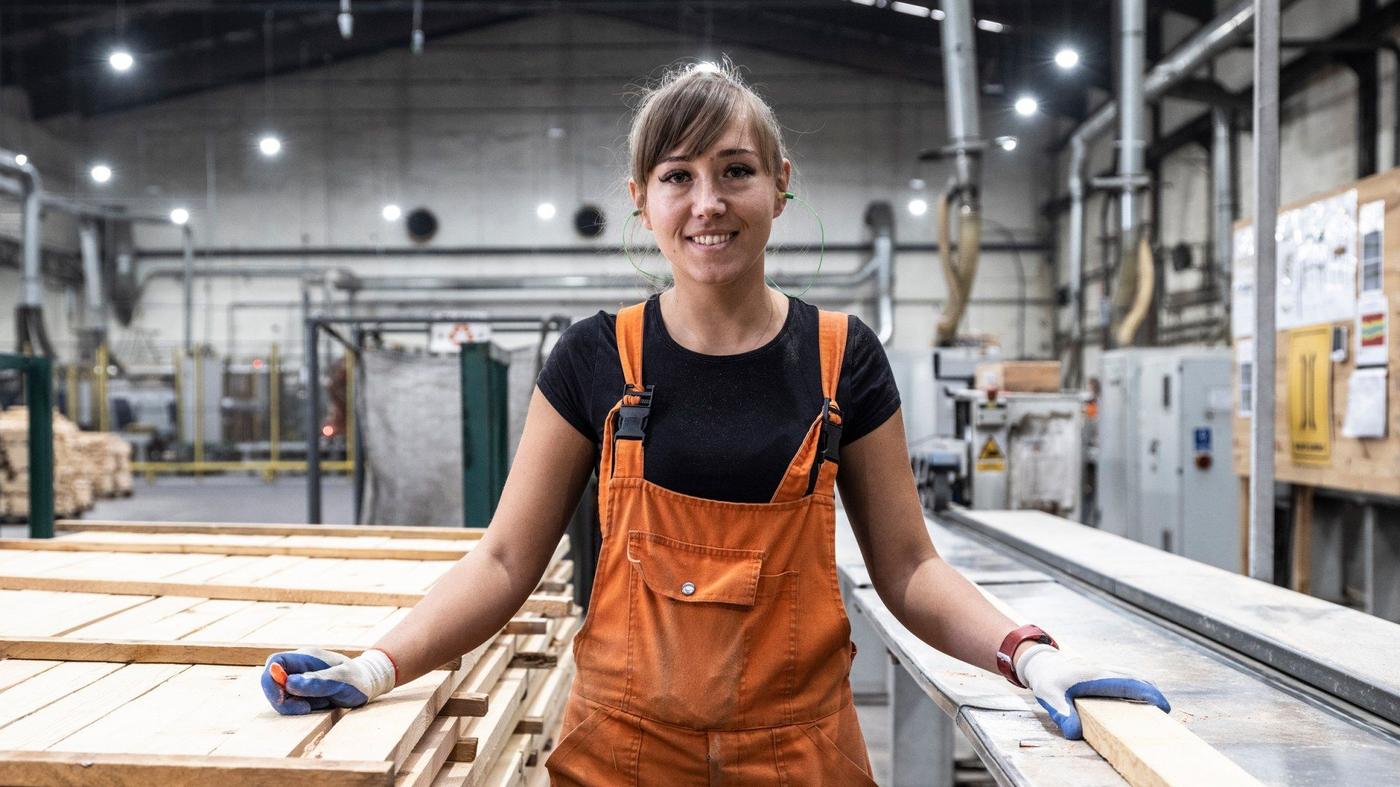
Building a better business
The IKEA way of doing business is deeply grounded in our values and culture, which are evident in our actions, decisions, and behaviours. This behavioural foundation shapes how we conduct business and interact with each other, our business partners, and our customers. Our IKEA business requirements cover a broad range of topics, including business ethics. Key documents outlining these business requirements include:
IWAY: the IKEA supplier code of conduct
[1] Responsible Wage Practices is an IKEA programme and related framework and methodology which takes a holistic approach to the subject of wages by placing equal focus on equality at work, pay principles, competence, dialogue and living wage.